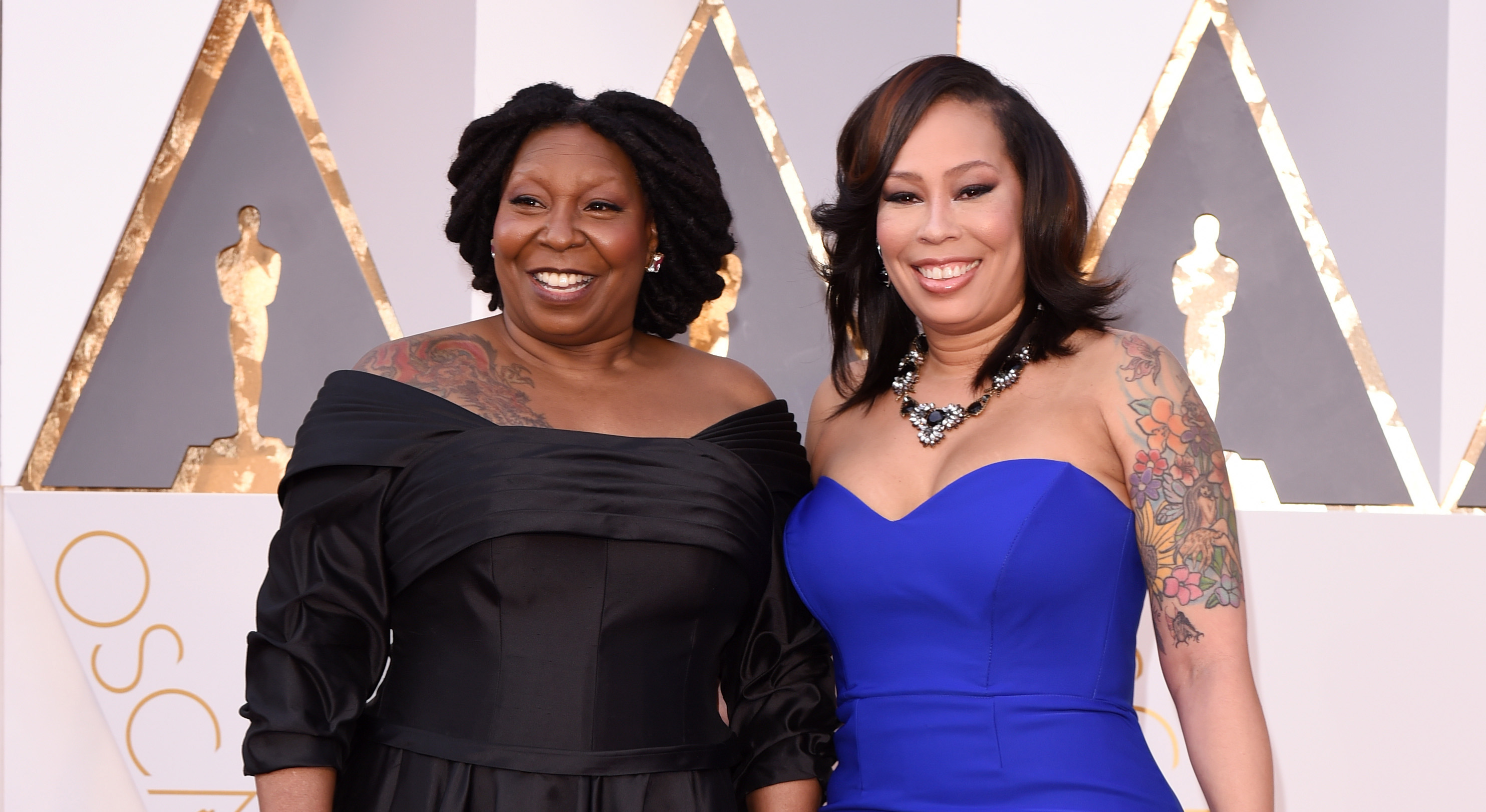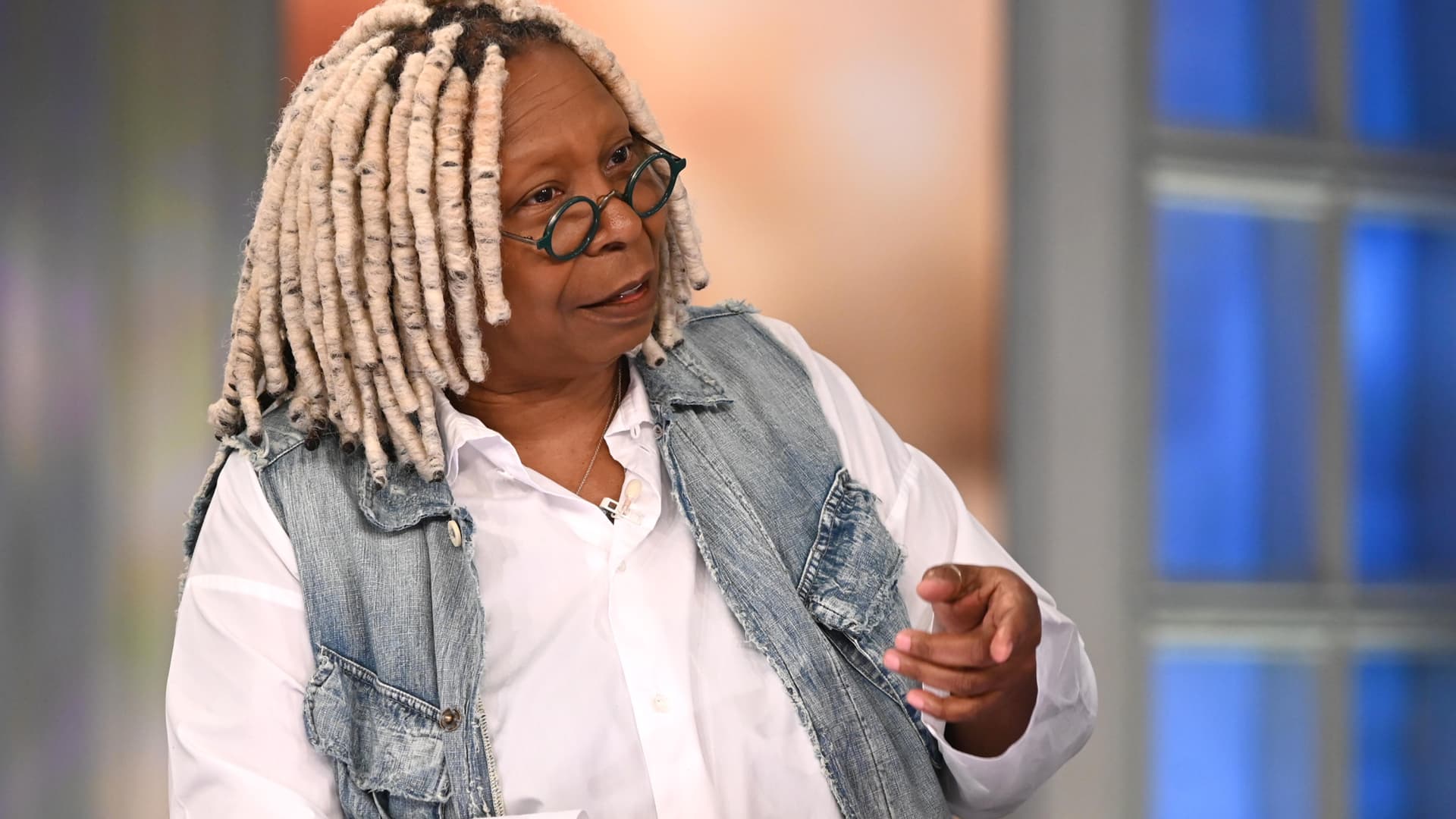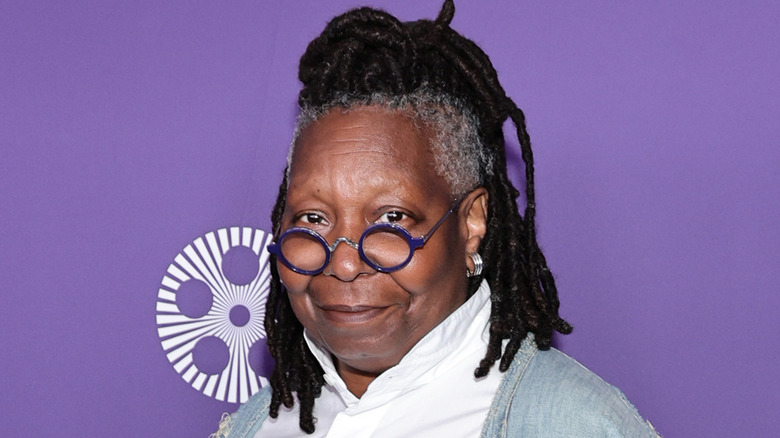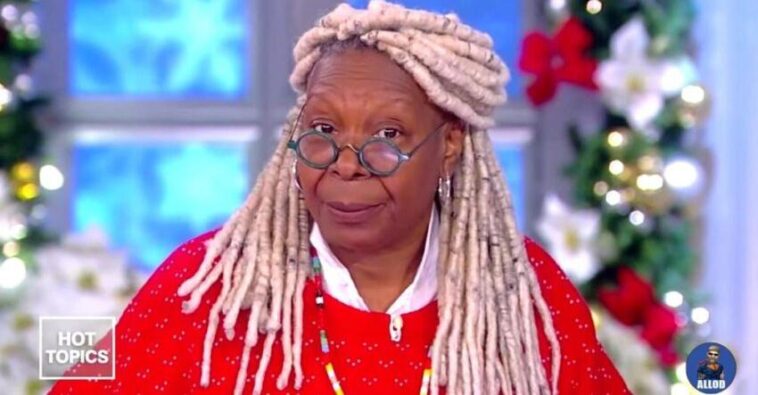The recent news surrounding Whoopi Goldberg’s departure from her position at ABC has sparked both curiosity and debate. ABC’s decision not to renew Goldberg’s contract has raised questions about the dynamics of entertainment industry politics, as well as the broader implications of the move. While some applaud the network’s choice as a step towards addressing concerns about Goldberg’s demeanor and alle-ged divisiveness, others view it as a potentially detrimental shift away from diversity and inclusivity in media.
:max_bytes(150000):strip_icc():focal(999x0:1001x2)/whoopi-goldberg-3-847b58c1b7df4f2894c256a5465f7cd1.jpg)
Goldberg, a prominent figure in the entertainment industry, has been a fixture on ABC’s programming for a considerable amount of time. Her departure, regardless of the reasons, undoubtedly marks the end of an era. The network’s explanation for not renewing her contract primarily hinges on concerns over Goldberg’s attitude and the perception of her being “angry all the time.” This raises questions about the line between personal expression and the expectations placed on public figures. While it’s important for media personalities to maintain a level of professionalism, it’s also essential to respect their freedom of expression, even if their opinions are controversial.

Programming Director Joe Barron’s comments about the complaints ABC has received regarding Goldberg’s alleged divisiveness point to a larger societal issue: the growing polarization of public discourse. While it’s vital to have open discussions and debates, the current landscape seems to struggle with finding common ground. Addressing this concern requires a more nuanced approach than simply parting ways with a prominent media figure. It calls for efforts to foster understanding, empathy, and respectful dialogue among individuals with diverse perspectives.

The suggestion that ABC could replace Goldberg with individuals like Alyssa Milano and Kathy Griffin raises another pertinent topic: the role of celebrities in shaping public opinion. Celebrities often have significant influence over their fan base, and their voices can sway public sentiment. However, it’s crucial to recognize that the media landscape is evolving. The traditional model of relying heavily on star power to drive ratings might be shifting towards a focus on content, diversity of voices, and addressing important social issues.
:max_bytes(150000):strip_icc():focal(999x569:1001x571)/whoopi-goldberg-b6068bb5a22446c5a46e564d77c7fb76.jpg)
While some individuals may view Goldberg’s departure as a step away from liberalism in media, it’s important to note that media representation is not a zero-sum game. Diversity and inclusivity in media should encompass a range of perspectives, ideologies, and backgrounds. A more comprehensive approach to programming can contribute to a healthier public discourse, fostering understanding and allowing audiences to engage with a broader spectrum of viewpoints.

In the broader context of recent societal trends, the conversation around Goldberg’s departure aligns with discussions about cancel culture, accountability, and the responsibilities of public figures. The decision not to renew Goldberg’s contract raises questions about whether it’s a reflection of accountability or a knee-jerk reaction to public pressure. Striking a balance between holding individuals responsible for their actions and allowing room for growth and redemption is a challenge that extends beyond the world of entertainment.

As the media landscape continues to evolve, the Goldberg situation serves as a reminder of the complexities involved in balancing personal expression, public perception, and responsible programming. It’s an opportunity for both the industry and audiences to reflect on the role of media in shaping opinions, fostering dialogue, and promoting a more inclusive society. Moving forward, the hope is that the discourse surrounding these events can contribute to a more thoughtful and nuanced approach to addressing the challenges of our time.


